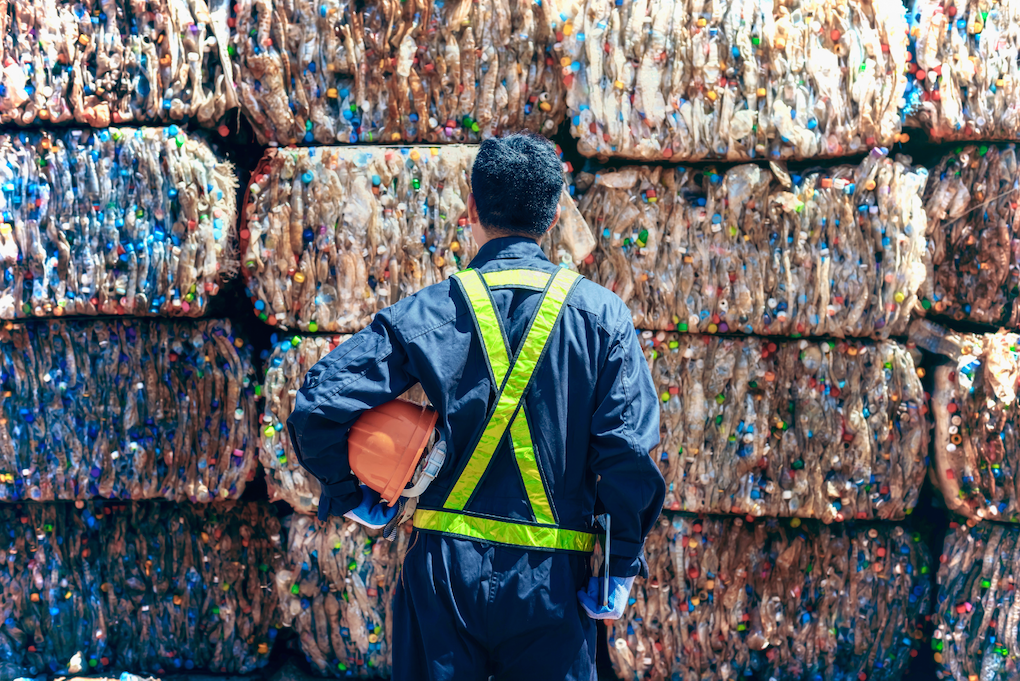
Berkely Lab produces a podcast about the surprising ways that science evolves. Through conversations with scientists, they trace the technology, theories, and products we see around us today back to early discoveries in the lab, while also imagining where future breakthroughs could take us.
Why isn’t more plastic actually recyclable? Why don’t compostable forks actually compost? And when are we going to solve our waste problems?
This episode of a day in the half-life features three scientists working to manage the planet’s plastic addiction by developing smarter materials that avoid the pitfalls of 20th century plastics. We talk about the challenges of the current recycling and composting systems, philosophies of materials design, why trying to recycle some things is just “wishcycling,” why consumer preferences matter, and why we can allow ourselves to feel a little optimism — even though the news paints a pretty bleak picture sometimes.
Featuring:
Brett Helms (Ph.D. '06, Chem), is a materials scientist at Berkeley Lab’s Molecular Foundry. Helms leads a team that invented an infinitely recyclable plastic and is now working to bring it to the market.
Professor Ting Xu is a senior materials scientist and chemist at Berkeley Lab and professor at UC Berkeley. Her lab is developing non-toxic compostable plastics that stay durable when in use, but break down easily in the environment.
Corinne Scown is a scientist in Berkeley Lab’s Energy Technologies Area and director of Techno-economic Analysis at the Joint BioEnergy Institute. She performs techno- economic and lifecycle analyses for Brett, Ting, and other scientists, meaning that she models the inputs, outputs, prices, and environmental impact of materials so that we can understand how they will perform on an industrial scale before they actually get to the industrial scale.
